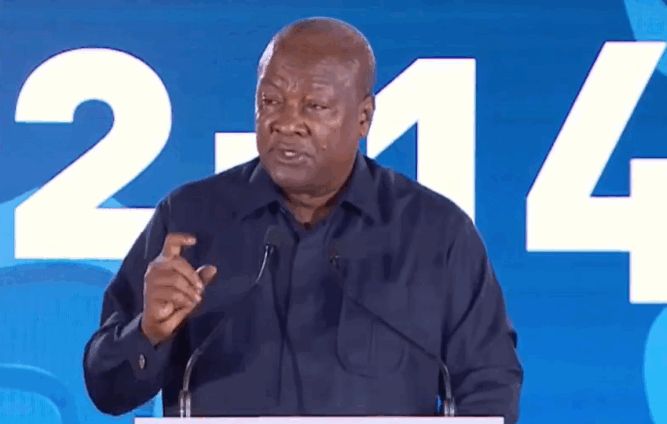Dr. Matthew Opoku Prempeh, widely known as NAPO, says his entry into political leadership stems not from personal ambition, but from a lifelong sense of purpose instilled from an early age.
Appearing on JoyNews’ Personality Profile with Emefa Adeti on July 17, the former Manhyia South MP and running mate to the NPP flagbearer reflected on a childhood shaped by political awareness and public duty.
“I would say that is how I was brought up,” he said. “I was raised in a very politically aware family with decades of history in partisan politics and active public life.”
For NAPO, politics was never a distant concept—it was a daily experience. His upbringing exposed him not just to political discussions, but to the expectation of leadership, responsibility, and meaningful participation.
“I was taught to value one thing: public service. But not just any kind of service—it had to bring value. Public service had to make an impact. You didn’t just participate; you had to contribute meaningfully.”
The mindset, he emphasized, was never about token involvement. From early on, the goal was to earn a seat at the decision-making table—and to prove he belonged there.
“I was brought up to prove myself—that I could sit among decision makers. Not just the elderly, but real decision makers, contributing on equal terms.”
This influence, he revealed, extended beyond his nuclear family. He was raised under the mentorship of older grand uncles and relatives, many with children much older than him. In serving them, he learned discipline, vision, and civic responsibility.
“I was brought up by grand uncles and uncles whose children were far older than me. But I served them all. That’s how I was raised.”
Public service, he said, became a guiding principle in every area of his life—even as a child. It determined the groups he joined, the values he embraced, and ultimately the path he chose.
“Growing up, public service became a duty imprinted on my heart and mind. Even my choice of associations reflected that—anything that put service at the center.”
He listed his early affiliations with pride: the Boy Scouts, altar boy responsibilities, the Red Cross—all foundations of a life committed to helping others.
“I joined the Boy Scouts at a very young age. I was an altar boy. I joined the Red Cross Society. Later, I studied medicine—all of it was public service.”
To NAPO, the value of service isn’t measured by the scale of the act, but by the depth of its impact. Whether in a hospital room or in national policy, he believes the purpose remains the same.
“Some public service roles are small and deeply personal, yet incredibly impactful. Others are large and far-reaching. Both matter.”
He illustrated this with a comparison between his former life as a doctor and his current political journey.
“As a doctor, you save one life at a time. Someone in pain from a strangulated hernia or a ruptured appendix—you fix that, and it brings immense relief and satisfaction. It’s intimate and rewarding.”
But for him, politics holds the potential for lasting, wide-scale change.
“It’s limited in scope compared to being in politics, where your decisions can transform entire sectors of society—perhaps for generations.”
That, he said, is the kind of impact he was raised to pursue—and the vision he continues to live by.
“This is a public service ethos I was raised with. It shaped the way I saw the world, and it continues to guide everything I do.”













